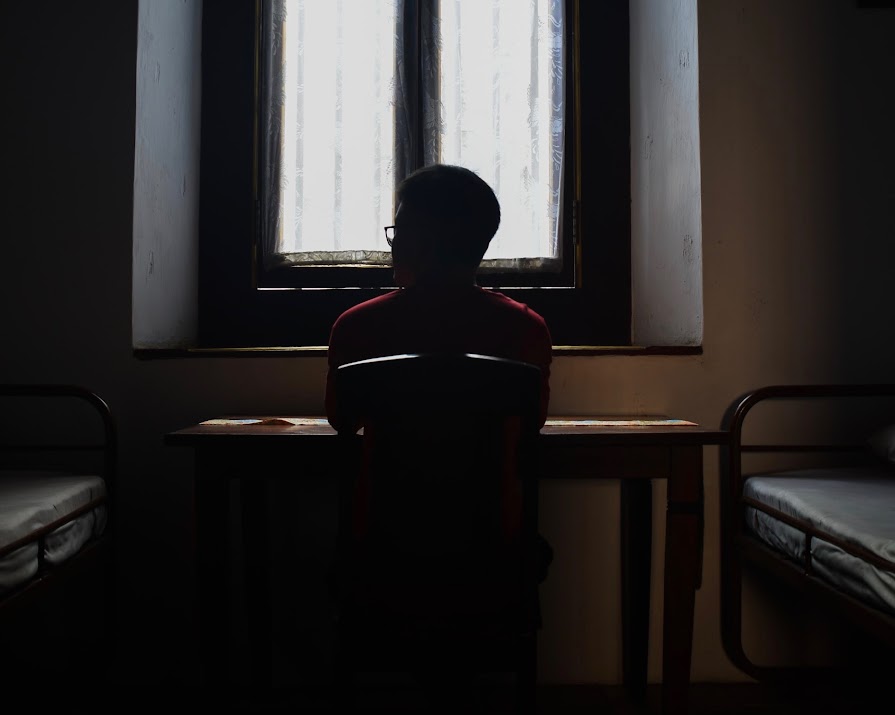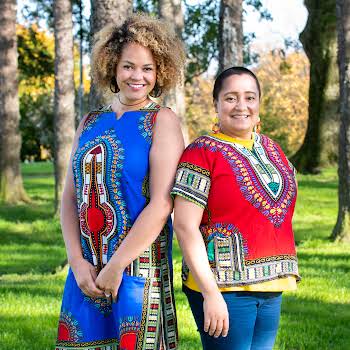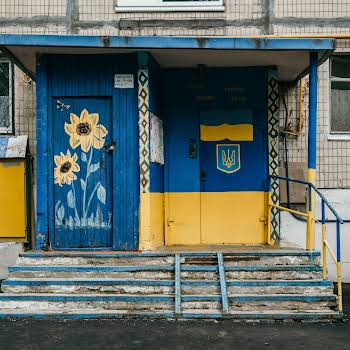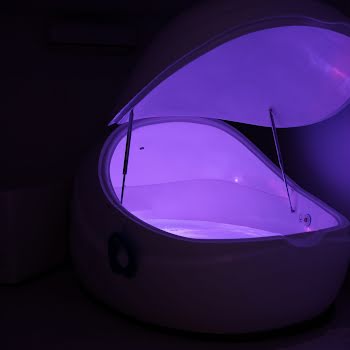By Lauren Heskin
28th Aug 2020
28th Aug 2020
What exactly is direct provision, where did it come from, how does it relate to the 27th Amendment? An in-depth explainer of direct provision in Ireland.
If you have attended the Black Lives Matter protests that occurred around the country, or read anything on racism in Ireland, you will have seen that race in Ireland is tightly entangled with the Irish direct provision system.
But what exactly is direct provision?
Whether you think you’ve got a clear picture of the situation or are now trying to come to grips with it, here’s a clear breakdown of just some of the key issues.
1. A quick explainer
Direct provision is a system set up to “directly provide” applicants for refugee status, with accommodation, food, healthcare and education while their application is being processed. They also receive a weekly allowance of €29.80 for children and €38.80 for adults. As of July 2018, asylum seekers also have the right to seek work, so long as they meet eligibility requirements, more on that later.
Asylum seekers go through an application process followed by a preliminary and substantive interview, after which it is decided whether or not they will be given refugee status, subsidiary protection status (if there are substantial grounds for believing that they would face a real risk of suffering serious harm if returned to their country), or neither but granted a right to remain. They have the option to appeal the decision to the High Court and the Minister for Justice. 48% of applications are rejected.
Asylum seekers are not required to stay in the DP centres, however, they cannot claim allowances if they leave, nor do they have any choice into which DP centre they are assigned. In 2015, the Department of Justice released the McMahon report, which dealt with a number of human rights violations levelled at government by activists, watchdogs and the UN. Their recommendations have been slowly introduced though many do not feel that they go far enough.
2. It was meant to be temporary
Direct provision was set up as a temporary measure in 2000 to house asylum seekers applying for refugee status in Ireland. Intended to accommodate people for no more than six months, the system is now 20 years old and, as of the end of 2019, there are 5,963 people living in 47 direct provision centres, and a further 1,633 people living in 33 emergency overflow accommodation locations. That puts a total of 7,596 people currently living in direct provision.
Only three of the 47 direct provision centres were built for purpose. The rest are an amalgamation of holiday parks, convents, hotels, hostels and caravan parks. This means that few have any self-catering facilities with most operating a dining hall service.
With all of the centres near capacity, there have been issues of overcrowding as people sleep in dormitory-style rooms, an issue that has only been further emphasised with the Covid-19 crisis.
3. The average time in direct provision is 15 months
The 2015 McMahon report found that 55% of asylum seekers in direct provision had been there for five years or more. This average has now been reduced to 15 months, however many are still waiting years to hear their application results and current waiting times continue to come under criticism from the EU and the UN. Many European countries have set a legal limit of six months to deal with refugee applications.
The ambiguity around wait times has led many to compare the direct provision system to an open prison, where asylum seekers serve an undignified and unending sentence. And even you are refused status and due to deported, this might not happen right away. You could be waiting for months or even years in the centre, waiting for word.
4. Gaining employment while in direct provision is almost impossible
On February 4, 2018 the Irish Supreme Court ruled that it is unconstitutional to prevent asylum seekers from finding work. However, finding work as an asylum seeker or hiring an asylum seeker is incredibly complicated.
First off, an asylum seeker is not entitled to a driving license and so must find work in the local area unless it’s well serviced by public transport, which is rare.
With so many DP centres located in rural areas, there are few job opportunities available to them. Then there are eligibility criteria. You must be in Ireland for at least nine months and be still awaiting the first decision on your asylum application.
Only after you have satisfied those two conditions can you then apply for an employment permit, which only lasts six months. This means that asylum seekers cannot accept any job requiring a contract of more than six months.
Finally, there is also a lot of paperwork on the potential employer’s behalf. They must be able to prove that they could not have filled the position with an Irish or EU citizen before hiring an asylum seeker.
Ultimately, while the right to work might exist for asylum seekers, it is almost impossible to find any kind of meaningful, long-lasting employment.
5. The 27th Amendment
You might have heard of the 27th Amendment in relation to direct provision.
In 2004, the 27th Amendment was added to the Irish constitution stating that automatic Irish citizenship could only be granted to children born in Ireland with an Irish citizen parent. Prior to that, anyone born on the island of Ireland received automatic citizenship.
The Irish-born children of non-national parents can be granted citizenship if they can prove genuine links to the country, which is done by showing they have resided in Ireland for three of the last four years. However, time spent living in direct provision, regardless of how long, does not count towards this.
This means that children born in direct provision, who grow up here and attend school, could still be deported if their parents are denied the right to remain and they have no rights to Irish citizenship.
6. Most direct provision centres are run as for-profit businesses
Of the 47 direct provision centres and 33 emergency accommodation, only seven are state-owned. The vast majority are contracted out to for-profit businesses who are paid by the state to house those seeking asylum. Finding out exactly who these companies are is difficult because they try to remain under the radar.
Many are registered as unlimited and therefore not required to submit accounts while others, like the Mosney Direct Provision Centre in Co Meath, which faced protests by its residents due to living conditions, are owned by outshore firms, meaning their direct provision profits are not part of the public domain.
However, government accounts show that the Mosney owners have received €136 million for their services between 2002 and 2018.
In its 20 years, the state has shelled out a total of €1.1 billion to contractors running direct provision sites. In February 2020, RTE reported that one of the largest for-profit companies, Millstreet Equestrian Services who run six direct provision centres, recorded a profit of €2.36 million in 2018.
Aramark, which also owns Avoca, received €5.89m from the State in 2018 for providing services to direct provision centres in Clare, Cork and Meath.
If you’re interested in finding out more about direct provision and what you can do to help, head to exploringdirectprovision.ie, Movement for Asylum Seekers in Ireland (MASI) and the Irish Refugee Council for information.
Feature image: Unsplash
Read more: Want to educate yourself on direct provision? Read the stories of people who lived it
Read more: 9 Black-owned Irish businesses to support now
Read more: A mother on raising children of colour in Ireland























